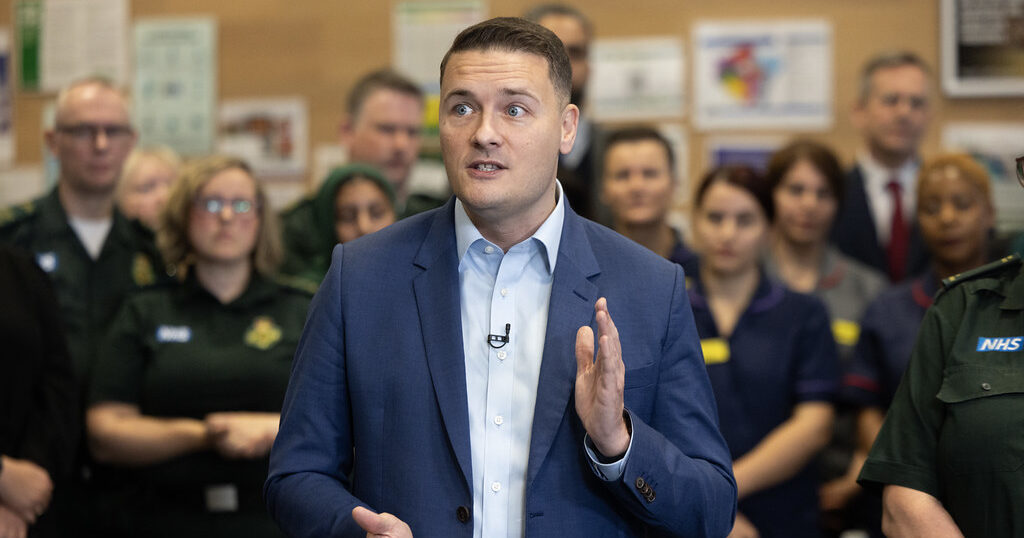

By Dara O’Cogaidhin
Young people’s mental health has been deteriorating across Britain, compounded by the cost of living crisis, public spending cuts, and rising inequality.
According to the Centre for Mental Health, one in five children and young people aged 8-25 experience mental health difficulties. Today’s young people have the poorest mental health of any age group in the UK, whereas two decades ago the reverse was true.
At the heart of this is an endemic lack of security: young people are growing up in a world with less money in their pockets, a hostile labour market with limited opportunities, more expensive housing, and a lack of community spaces. A 2023 survey of 18 to 24 year olds for the Prince’s Trust found that two-thirds of those questioned have lowered their career and life expectations, with the perilous state of the UK economy and their own mental health named as the biggest factors. More than two-thirds believed they would never be financially secure.
Rather than acknowledge the strain of financial precarity and limited resources as significant drivers of mental health difficulties for young people, the Labour government are exploring smartphone bans in school as a means of mitigating the effect of social media on teenagers. MPs who want to ban smartphones in schools claim that excessive social media use is contributing to the rise of mental health conditions by exacerbating feelings of loneliness and anxiety.
While social media no doubt serves as a nexus for online bullying, disinformation and outright hate speech, a study published in The Lancet reveals that schools which have restricted smartphone use are not realising the expected improvements in mental wellbeing and focus. Attributing the alarming rise in youth mental health difficulties to social media alone ignores the root cause of the crisis—the long term economic malaise which has caused the erosion of living standards, depriving young people of material security and life opportunities.
The health and wellbeing impacts of economic insecurity are exacerbated by a failing mental healthcare system. Recent funding increases for mental health services are not keeping pace with demand, with the BMA arguing that there are not enough trained staff to treat and support people with mental illness. There is also a limit to what health professionals can do when someone’s mental health is affected by social factors such as deprivation and inequality, poor housing, or difficult family life.
New data from the DWP published alongside the Chancellor’s Spring Statement shows that 250,000 additional people—including 50,000 children—will be pushed into poverty by the Labour government’s plans to cut benefits. The Labour government will also remove the right to universal credit health top ups for under 22 year olds. Around 66,000 18 to 21 year olds are currently claiming the benefit.
This welfare cut is part of a wider push by Labour to punish vulnerable young people and force them into work that is neither appropriate nor secure. Research from the Work Foundation has shown that disabled workers are 1.5 times more likely than non-disabled workers to be in severely insecure work. The financial instability and marginal status of this work can cause further stress, exhaustion, and low self-esteem.
According to research from Young Minds, more than half of young people believe that the main political parties do not care about their mental health. Confirming what they suspected, the Health Secretary Wes Streeting recently claimed that there is an ‘overdiagnosis’ of mental health conditions, casting aspersions on the lived experiences of people enduring mental health difficulties as a result of 15 years of austerity, a generation defining pandemic, and a brutal cost of living crisis.
Just as the problem is systemic, so too is the solution. While the organised working class is the only social force capable of leading the social transformation of society, young people have a vital role to play in this process. The 2010 student protests and the 2019 school climate strikes are reminders of struggles organised and led by youth, promoting a sense of agency and solidarity.
Today young people need to get organised around demands such as inflation proof pay rises for all workers, living benefits for all who need them, a fully funded NHS meeting everyone’s health needs, and free education from the cradle to the grave. By uniting with workers to fight for these demands, they can build a movement capable of overcoming the alienation and misery of capitalism.